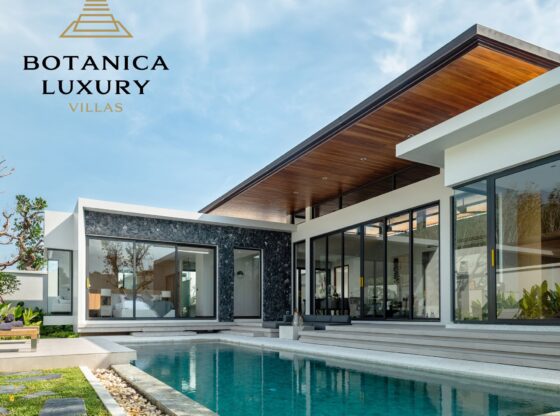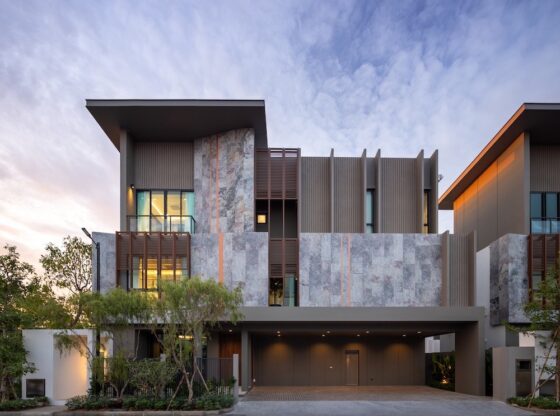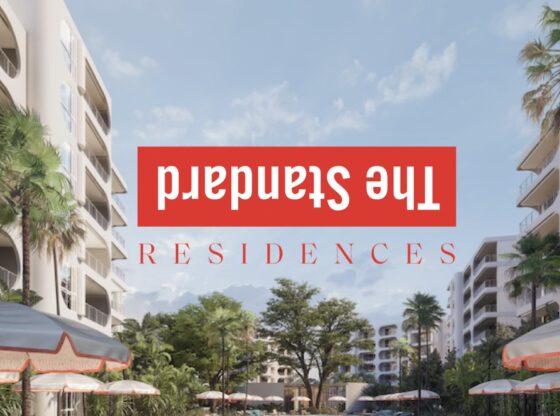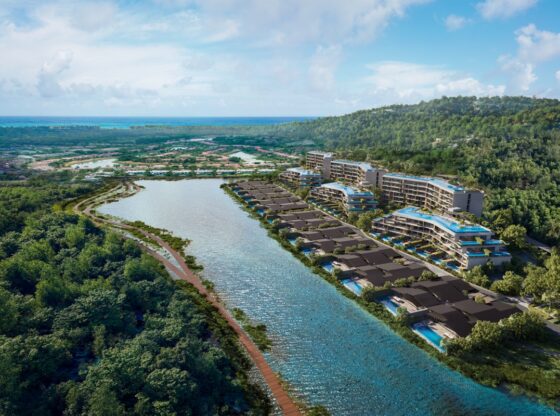![]()
The beach cities of Pattaya & Jomtien on the Eastern Seaboard of Thailand and within the Eastern Economic Corridor (EEC) visually, have a skyline with under way infrastructure, to match that of any photogenic, global city hotspot. Abundant with tower condominium projects boasting all the latest facilities, mod cons and rooftop infinity pools and at affordable prices, it is an attraction for Bangkok City dwellers to pick up a “condo down by the beach” which can than be used to enjoy sunset views over Koh Larn and the beaches. Condominiums which can be relatively easy to provide equity release finance are often used to help free up capital though alongside this market, the “other side” of Sukhumvit Road is home to a number of medium and high end villa projects/ villages which can also be used to raise finance.
When looking to consider a villa for Mortgage Finance, as a foreigner, the first question which comes up of course is the “Thai Company” ownership structure. Lenders often come and go within this space although there also many which have continued to offer some kind of product for many years. The age old debate is always with regard the laws of Thailand and can a foreigner really use a Thai company to circumvent the law to own the land under which the house sits. As it’s often considered a grey area I don’t intend to encroach on this issue here since can mostly be subjective when going to the land office. There have been many deals go through, and similarly, there have been deals which for some reason, didn’t get to fruition.

One of the main straight forward ways to finance a villa is to have the property registered in a Thai name only. No fancy company structure and no type of “renewable” leases, just straight forward and simple, Thai name only on the back of the chanote/title deed. For a new Expat moving to Thailand looking to purchase a dream home, this is most likely not an option though for many long term expatriates who perhaps are married to a local Thai with extended families OR just are willing to give ownership to a local this is an easier way to finance and the land office should in theory have no questions regarding ownership transfer.
In order to finance a villa under Thai name only, a lender will at first and often, not be interested in the ownership structure at all. The main concern and interest to a lender is “do we really want that property on our books?” If the answer is no, it would most likely make no difference who you are, how much money bags & sports cars you have, if the property doesn’t fit in with their requirements, it will be rejected. This is why often when speaking to a lender for Villa finance, some of the first questions asked back are:
1. Where is the property, Can you send a Google map link to exact location please?
2. What is the purchase price & How much you looking to borrow?
3. Did you have any recent photos of the property?
A quick scan of the above will easily help a lender determine whether worth to continue a finance discussion or not. Often the temptation is to call and get an answer immediately over the phone though more often than not, the finance staff member requires the exact Google map link in order to zoom in and around the area to check road access and location of property so a phone conversation doesn’t really work to begin. It would also be usual for the title deed (front and back) along with construction permit to be sent so local Thai staff at the lenders office can check the legality of paperwork. On many occasions, villas and properties have been submitted for finance only to find no legal right of access to the property was evident. Over the phone one may say, it’s ok, there is a road outside to my property which everyone uses…..but remember, we live in Thailand. Sometimes a village is built with a village road to access all properties; which may have a separate chanote/title deed, on the villa title you are buying, it must be clear that access is granted to go from your villa and use the village road in order to get to the public road and vice versa which is not always the case! To be fair, many newer projects are often built within a recognised housing act and therefore all properties have suitable access though until we see all paperwork, nothing can be certain, especially in Thailand. Construction permits are often no issue for main new build villages.
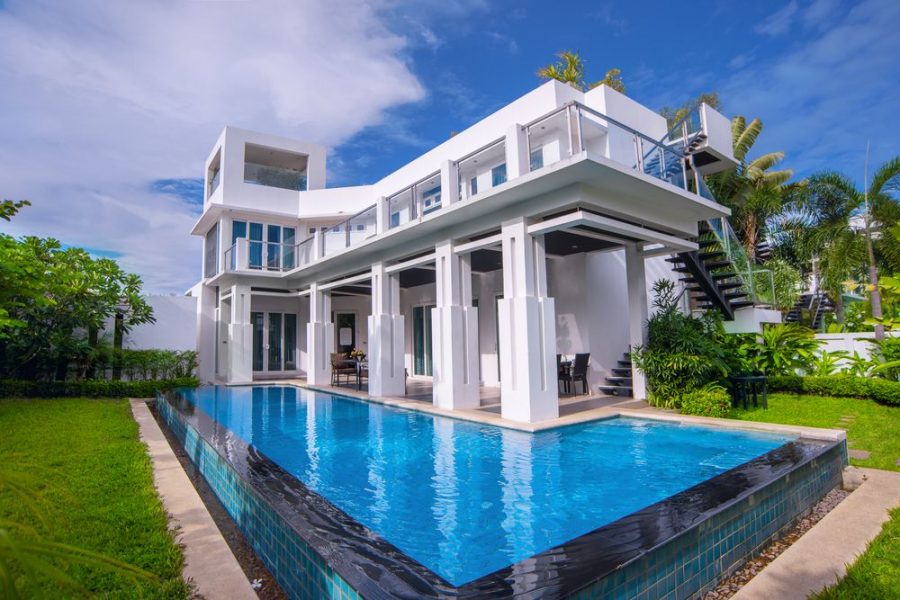
Once it is ascertained that collateral is most likely suitable for finance, the main application process is usually & relatively straight forward since, lenders often take a view of lending less (Maximum 50-60% of a valuation) in order to make sure of repayment on the loan in case of default. Typical document requirements would be:
• Application Form
• Passport/ Visa Stamp Movements/ Thai ID Card & House Registration
• Marriage Certificate
• 6 Month Bank Statements – To show main income
• Credit Bureau Report – To show no bad debts
• Work/ Retirement evidence
If using the example of a Foreigner married to a local Thai and the ownership is in Thai name only, either documents are required for the Thai only OR if no income/evidence to at-least show some kind of repayment will be forthcoming, the foreigner can submit all paperwork alongside to guarantor the loan. Classic lender multiples of 3 times the debt instalments should be available as income i.e. If the monthly instalment on any debt (including new instalment) is THB 50,000 than income is preferred to be evidenced for THB 150,000 (though not essential). Income can be totaled from multiple sources including overseas.
Thai nationals often get stuck when going through a commercial bank if are self-employed since require strict adherence to the bank of Thailand regulations and therefore an in depth paperwork review of income and company accounts will be required. There is however 1 known lender which sees many Thai self-employed applications as they are private finance with no such regulation requirement.
Typically at MBK Guarantee Co., Ltd. the interest rates for Villa finance start around 12% p.a. and with terms of up to 10 years or maximum age 70 (though several older than 70 can be applied if a younger applicant applies alongside). Both Mortgage & Kai Faak registrations are possible with up to 50% or 60% loan to value ratios respectively. Timescales for Villa finance usually are 4-6 weeks though on rare occasions can be less.
For further information on how to “Finance Property & Condos in Thailand”, please feel free to email [email protected] OR, call 66 (0) 81278 5382 OR, Line ID stuartmaxwellfoulkes, I shall than be happy to assist. To speak with a native Chinese national, contact Rose on 66 (0) 95648 2913 or WeChat: rose215620 or email [email protected].



